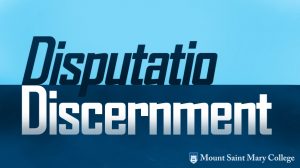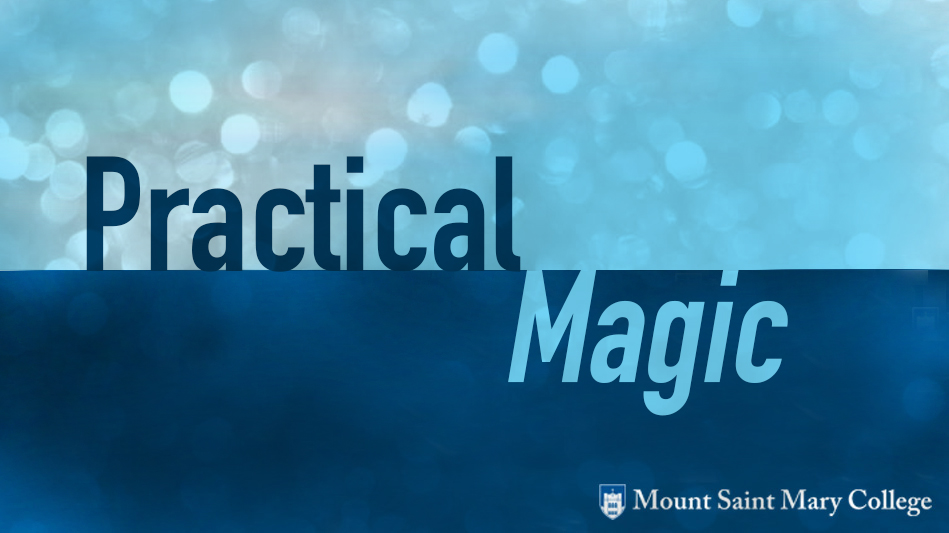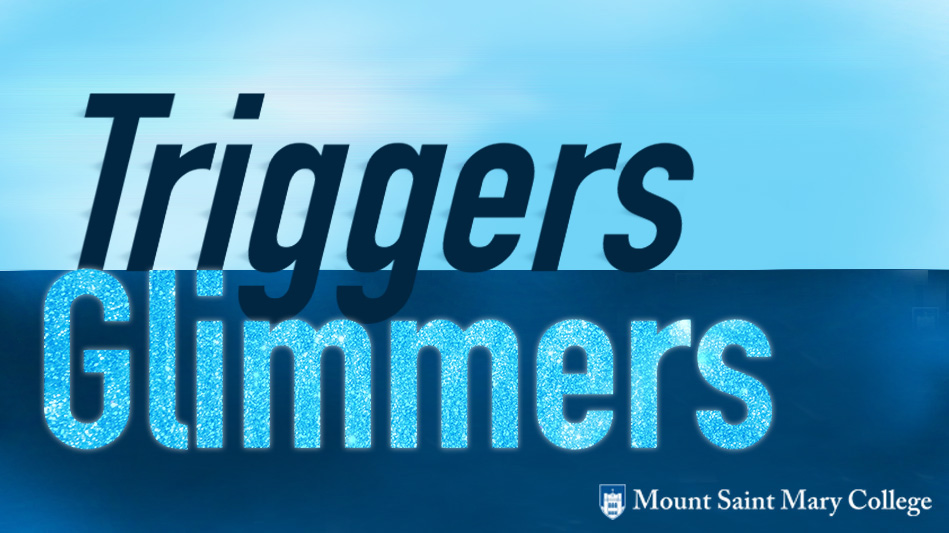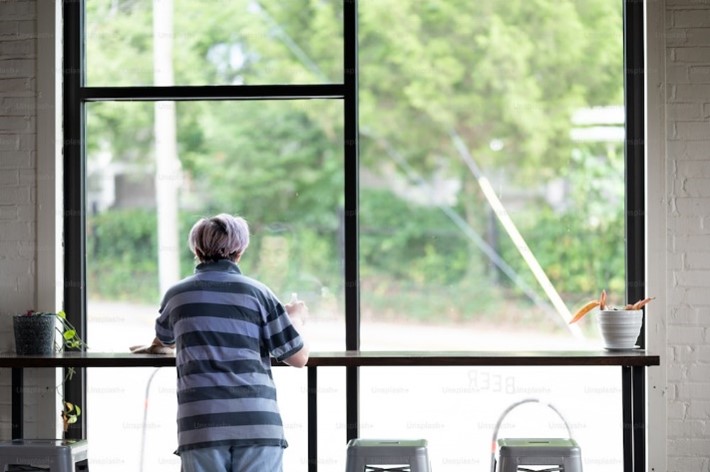by Marie-Therese C. Sulit, Associate Professor of English and Director of the Honors Program, Mount Saint Mary College
Six months ago, colleges and universities across America—and the world—shut down in an effort to curb the COVID-19 Pandemic even as the unjust deaths of Black Americans likewise instigated a call-and-response from administrators. Calls for racial awareness, couched within various campus initiatives under the banner of “Diversity, Equity, and Inclusion” [DEI], have been issued to address and investigate variegated forms of institutional racism. As we follow social-distancing protocols on campus, how can those of us particularly invested in DEI continue to create a space for healthy and honest discourse within our diverse and divergent campus communities?
CREATING A SPACE FOR DISPUTATIO
In the opening piece of this mini-series, I bridge reflection with metacognition in order to address the place of the affective, and contemplative, pedagogy within the teaching and learning climate of a classroom amidst this pandemic. In this closing piece, I seek to highlight disputatio as a contemplative practice particular to Dominican colleges and universities like Mount Saint Mary College. “A method that seeks to resolve difficult questions and controverted issues by finding the truth in each,” the strengths of disputatio reflect its conceptual complexity in accounting not only for one’s “talents” and “abilities,” particularly in rigorous argumentation, but also in addressing “urgent questions of justice and peace” (A Vision in Service of Truth 5). In other words, the contemplative nature of self-examination inherent in disputatio is synonymous with metacognitive reflection or reflective metacognition.
The focus on “urgent questions of justice and peace” affirms disputatio as a tool for answering the call of the Black Lives Matter movement on our home campuses. More so, the cultivation of disputatio, as a “rigorous exploration of multiple ways of resolving a question,” necessitates a process of discernment of “the truth” in “truth-seeking endeavors” predicated on understanding multiple and disparate perspectives (A Vision in Service of Truth 5). This is to say, disputatio, by design, honors those diverse and divergent stakeholders on our campus communities–voices that must be at the table as we move forward with DEI initiatives at the college.
PRACTICING DISPUTATIO THROUGH READING LITERATURE
How we represent ourselves and our situations, in and out of the classroom, is both an interpretive and political act when we consider how we, as people, in particular situations, can be re-presented and/or mis-represented through our institutional structure and through our use of language within the teaching-and-learning environment. As a multicultural practitioner in literature, I teach literature through the prisms of history, culture, and society. I deploy the following steps that ascribe forms of literacy to the reading process with the understanding that the subject matter can reveal one’s conscious and unconscious biases as participants listen, reflect, and respond; one can only know one’s own position through understanding the positions of others.
- Basic Literacy, or Reading the Lines: discerning the basic plot of a story on your terms (based on our personal experiences and responses) and articulating the “who, what, when, and where” of that story in our speech and prose, via in-person and computer-mediated communication.
- Critical Literacy, or Critically Reading between the Lines: discerning the deeper meaning of the story on its terms and articulating the “how and why” of that story through the background of the story itself and our present historical, literary, and political moment.
- Multicultural Literacy, or Reading Critically against the Lines: discerning the gaps and omissions of that story on its and our own terms and articulating ways of filling in these gaps and omissions by posing alternative readings.
Of course, understanding the multiple truths in this reading process is predicated on students feeling safe enough to honestly share the lenses through which they read. If we consider our classroom and our campus as “safe,” then that “safe space” can be fraught as both the common and the contested ground on which all of us stand.
FROM A “SAFE” PLACE TO A “BRAVE” SPACE: ENTER … DISCERNMENT
To further the contemplative practice of disputatio, I begin the processes of reflection cum metacognition utilizing “Crosswalk Prompts,” created by fellow multicultural practitioner, Dr. Paul Gorski. These prompts run the gamut in inquiring about all components of one’s identity: race and ethnicity, socio-economic class and education, to gender and sexuality, religion and spirituality. Students and the instructor respond to questions by either standing or raising a hand to self-identify. For example, “If you worry semester to semester whether you’ll be able to afford your college tuition” or “If an educator, counselor, or other authority figure ever discouraged you from pursuing a particular field of study or profession.” Students and the educator are required to look around the room to see who among them are standing or sitting. Thus, each individual’s subject positions are established from the onset for ensuing lively, and at times challenging, dialogues to be held throughout the semester. Given the sensitive nature of some of the questions, it is important that participants feel safe so they can be brave and share with the class. Thus, in contradistinction to the word “safe,” the word, “brave,” conceptually allows for one’s vulnerability and exposure within and throughout the classroom.
Applying the contemplative, cum argumentative, practice of disputatio, disciplinary parameters provide the structure to discern “the truth” and “truth-seeking endeavors” within a specific classroom through its course content. Metacognition constitutes both disputatio and discernment, thus including both a form of argumentation and a means by which multiple and/or disparate perspectives can be brought to light. Thus, the processes of reflective metacognition, or metacognitive reflection, provide the methodology for one and all in a particular site to discern the components of their own “baggage” between and among others.
CONCLUSION
Currently, the Mount stands poised on its own DEI Initiative, integrated into its Strategic Plan for 2020-2025, which includes objectives and focus areas guiding the establishment of Implementation Teams and their respective leaders, for the curriculum, the institutional structure and organization, and the students. Various co- and extra-curricular initiatives are underway to encourage and promote awareness about DEI, including a Knight Reading Initiative centering Winona Guo and Priya Vulchi’s Tell Me Who You Are (2020), a set of personal narratives centering on race, culture, and identity.
As this college-wide reading initiative unfolds this fall, it is up to each discipline to determine for themselves how to integrate these components into their curriculum. To facilitate this process, I offer tools for teaching multicultural literature through the steps of the reading process and identifying the subject positions of all classroom participants as readers. In moving forward, it is my hope that disputatio and discernment will guide debates and discussions of any particular narrative. It is also my hope that metacognitive reflection, or reflective metacognition, at the heart of disputatio will guide all our campus’s conversations as we continue to discern who and what is at stake in our larger work of cultivating justice and peace.
WORKS CITED
The Dominican Charism in American Higher Education: A Vision in Service of Truth. Dominican University. 2012.
Gorski, Paul C. PhD. “Crosswalk Prompts.” 11 September 2012. Hand-Out.
ACKNOWLEDGEMENTS
I would like to thank my colleagues—Megan Morrissey, Gina Evers, and Charles Zola—for supplementing my lone voice with theirs. I would also like to thank our editors, Lauren Scharff and John Drager, for giving us the opportunity to share our work at Mount Saint Mary College with the readers of “Improve with Metacognition.”




